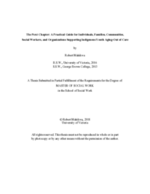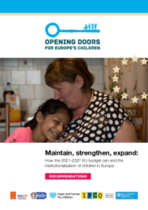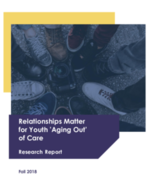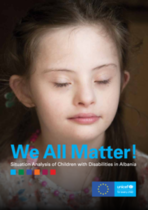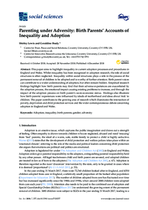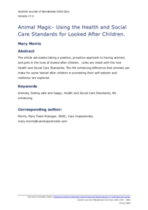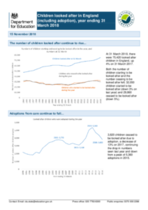Assessment of the Livelihood Empowerment against Poverty programme in Karaga district, Ghana
This article assesses the contribution of the Livelihood Empowerment Against Poverty (LEAP) programme in reducing rural poverty in the Karaga district of Northern Ghana, using a mixed research design to compare the livelihoods of beneficiaries and non-beneficiaries.


